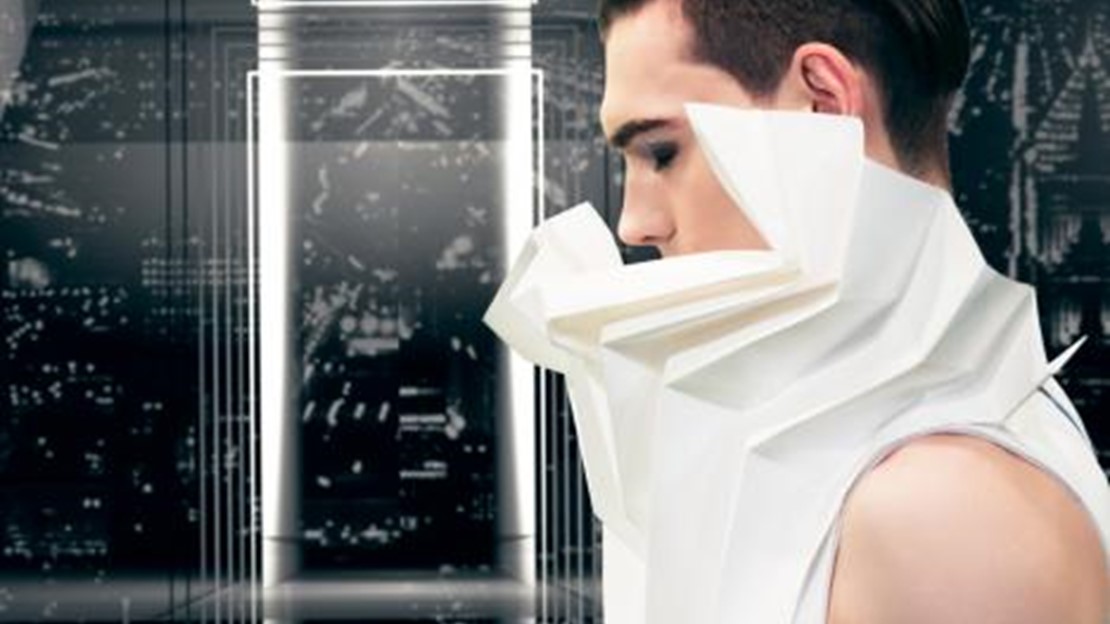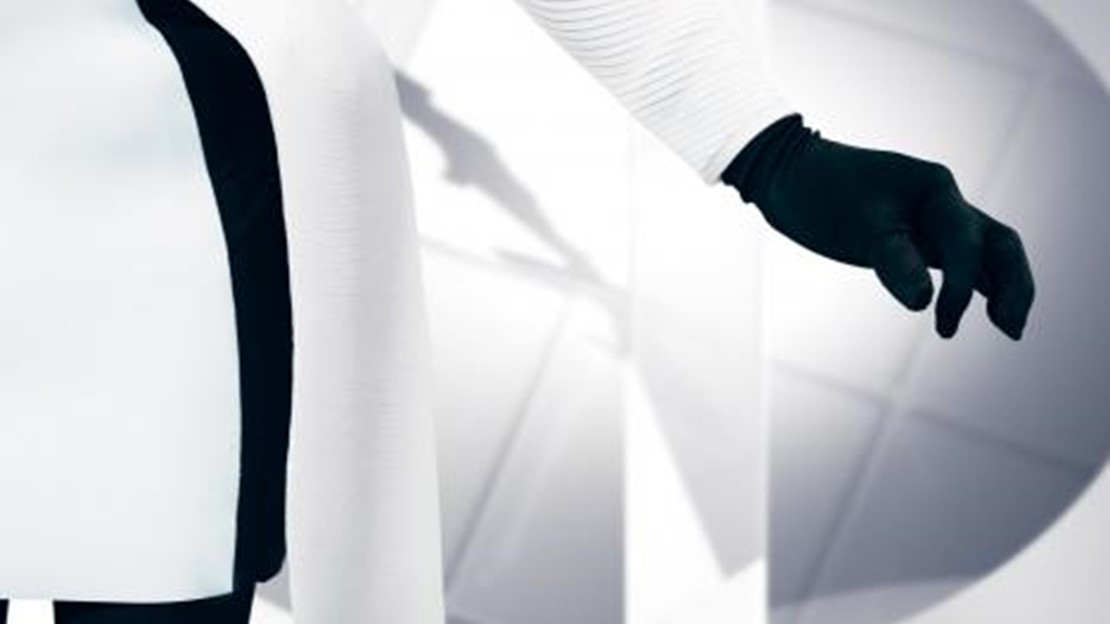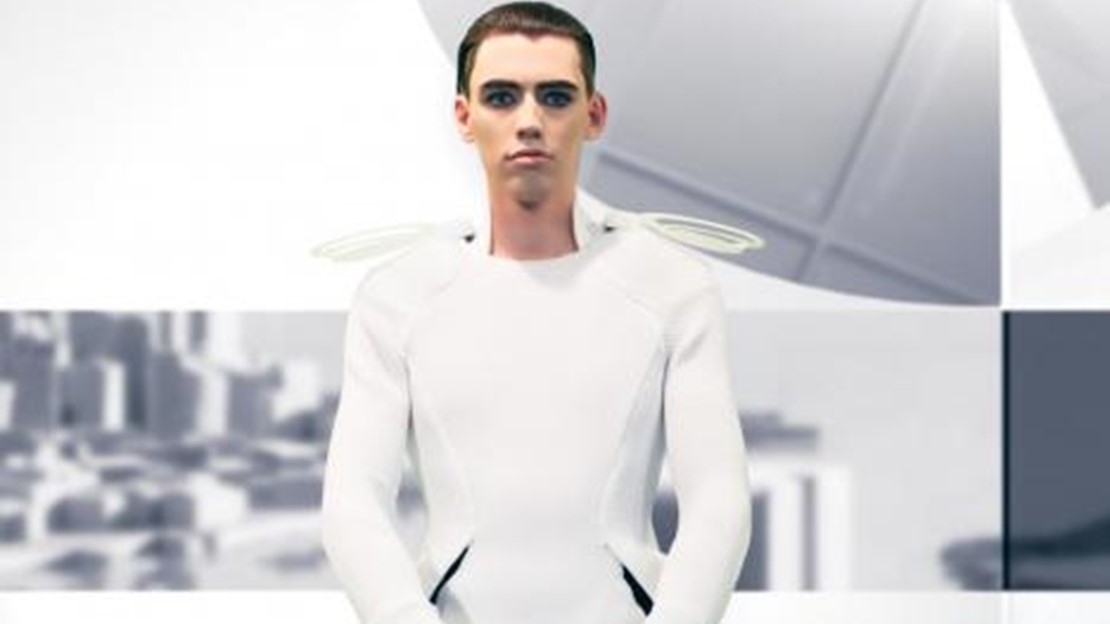




Question asked
How do I relate and translate brainwaves into fashion expression?Fashion On brainwaves expose the procedures of the brain and how emotions can be presented in a fashion design by translating your brainwaves into morphing fashion . This morphing shape or fashion is a second skin ,of the brain, and a way to investigate the new aesthetics and beauty ideals as an extension of cosmetic surgery applied to fashion and self-expressions, which leads to a new way of communicating.
Approach
As a fashion student I am eager to know how I can implement EEG, the brain and neural feedback in fashion. I created my own fashion lab (FOB): This resulted in interactive silhouettes, who are using data to start interaction between your thoughts (brainwaves) and the outside world. These are autonomous pieces; extension of yourself, that unveils the inner you, patterns of the brain, by morphing. The unexpected dynamics of the 3D surface of the silhouettes will create a meaningful but also elusive movement in your clothing.
Result
Futuristic vision: A new race of human beings in a technology society. We make ourselves conscious of our possibilities in this new technology and aware of the advantages and disadvantages of it. The project is still handling about our thoughts/feelings and self-reflection. The purpose is to use new technology or wearables to improve ourselves and create an artificial intelligent language.My first expressions to this version of morphing fashion I translated in a fashion film and a series of photos.This is a suggestion how my project could develop in the future.
Award
2e prijs Bachelor Award 2015 Hogeschool Rotterdam
Durable
This project is durable.
Study programme(s)
- Vormgeving
Type
Graduation
Participants
J. Rokegem
Mentor
Gerrit-Jan Vos